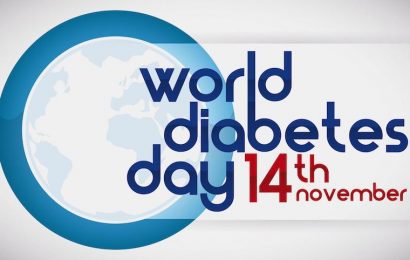Having diabetes, especially if you take insulin, can mean dealing with lots of numbers on a daily basis — from blood glucose level to grams of carbohydrate, insulin-to-carbohydrate ratio, and correction factors. These numbers are often crucial to maintaining blood glucose control and, in the long run, preventing diabetic complications. But on a day-to-day basis, all these numbers might seem pesky or even overwhelming — especially if you’re not naturally good at math.
So a study published in the September 2009 issue of the journal Diabetes Care reaches one not-too-surprising conclusion: Having a lower level of diabetes-related numeracy (the equivalent of literacy for numbers), as measured by a written test, predicts having a higher HbA1c level. The study included 383 white and African-American adults with Type 2 diabetes, 62% of whom were on insulin. The study also found that diabetes-related numeracy could explain all of the significant difference in average HbA1c level between white and African-American participants.
While diabetes-related numeracy was not the only significant predictor of HbA1c level in the study, it was the largest and probably most easily changeable factor (compared with race, age, years with diabetes, and insulin use). Furthermore, only 31% of participants tested at or above a ninth-grade level of general numeracy, even though 56% reported having more than a high-school level of education.
What do you think — in your experience, does diabetes education focus enough on the math needed for effective self-management? Do you have trouble with diabetes-related math? If so, how have you approached this problem? Any tips to share? Leave a comment below!




